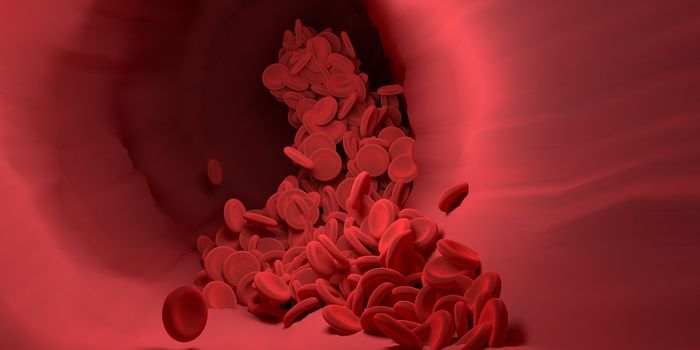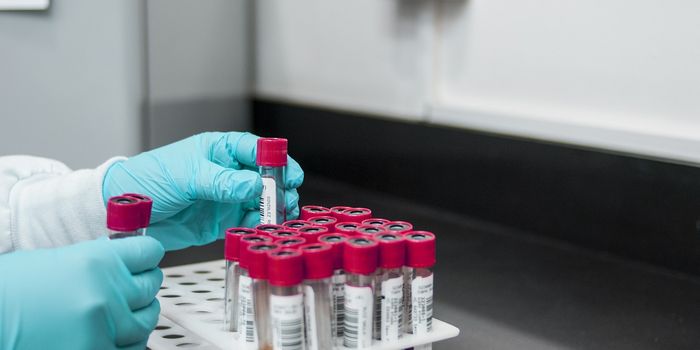Poultry Vaccine Led to Increase in Antibiotic Resistance in Salmonella
The Salmonella bacterium is a common cause of foodborne illness, and it isn't unusual to find strains of the microbe in chicken. But some strains are growing more resistant to antibiotics, adding to the threat that antibiotic-resistant infections pose to human health. Scientists have now found evidence that the use of Salmonella vaccines and widespread use of antibiotics in Brazilian poultry farms has promoted the rise of antibiotic-resistant strains of Salmonella. However, there is some good news; these strains are not likely to cause disease in humans. The findings have been reported in PLOS Genetics.
Brazil is the largest exporter of chicken in the world, and researchers wanted to know more about whether Salmonella enterica hosted by Brazilian chickens was contributing to food borne illnesses in countries that were importing that chicken.
In this study, the investigators isolated genomes from 183 strains of Salmonella that were obtained from poultry farms in Brazil, and 357 strains of Salmonella that were gathered from domestic poultry, poultry imported to the United Kingdom, and humans.
They also assessed the two main types of Salmonella that are found in Brazil, for which there are about 1,200 publicly available genomes; these bacteria seem to have emerged around 2000, when farms in Brazil started to use a Salmonella vaccine for poultry. The microbes carry genes that confer resistance to three kinds of antibiotics.
A comparison of all the microbial genomes showed that even though antibiotic-resistant bacteria have spread around Brazil, these germs have not caused many cases of illness in the UK, and they did not spread to domestic chickens.
The researchers wanted to take a collaborative approach to improve the health of our ecosystem, including animals, and the environment.
"Through our genomic detective work, we have tracked how changes in chicken rearing in Brazil have changed the profile of Salmonella bacteria found circulating within the poultry industry," said Alison Mather of Quadram Institute Bioscience.
Although the Salmonella bacteria found in Brazilian chickens don't appear to be threatening public health act this time, the rise of antibiotic resistance is still a concern. The research "... highlights the importance of taking a 'One Health' approach that sees the connections between the health of people, animals and the environment, especially when assessing global food supply chains," Mather added.
Sources: Public Library of Science, PLOS Genetics









